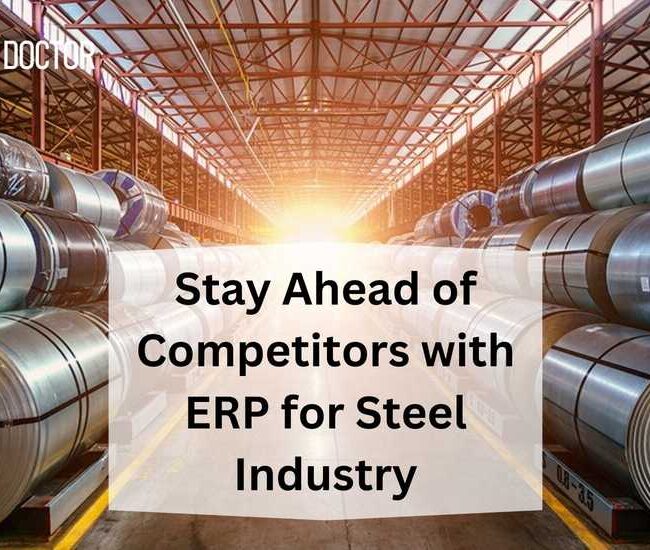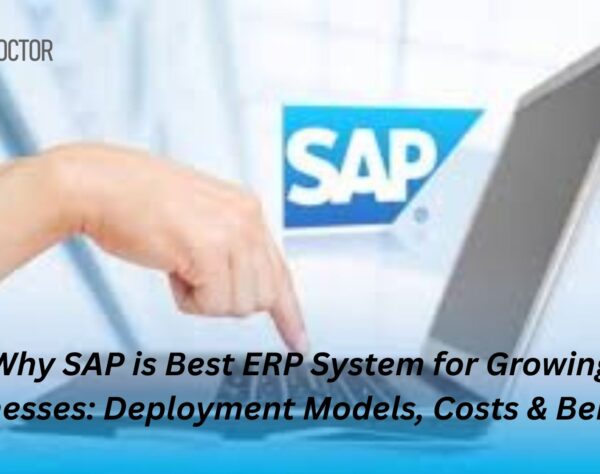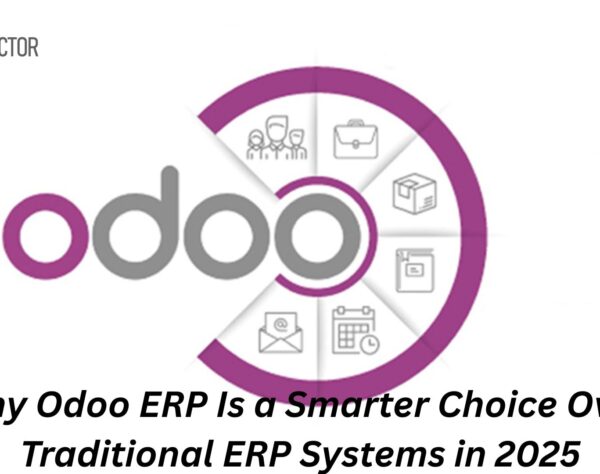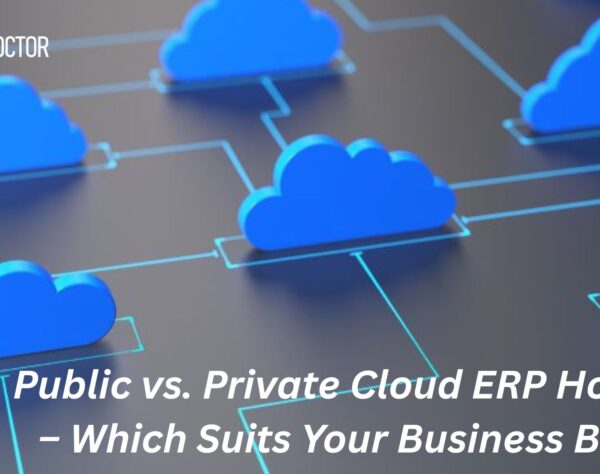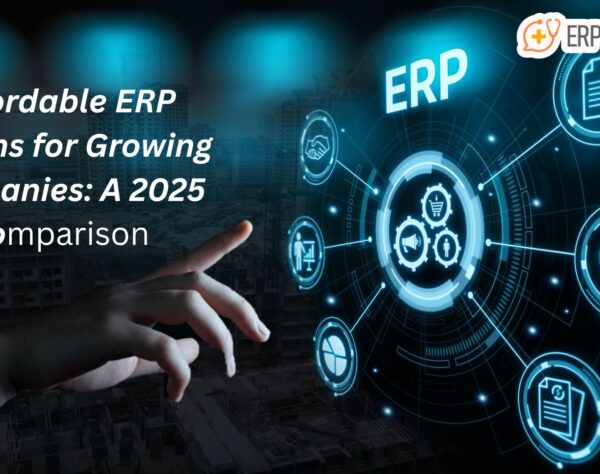
Tired of Supply Chain Disruptions? ERP Fixes the Problem

ERP for Supply Chain: The Key to Overcoming Disruptions
Supply chain disruptions can cripple a business—delayed shipments, stock shortages, and poor demand forecasting lead to lost revenue and frustrated customers. If your company is struggling with supply chain inefficiencies, it’s time to embrace ERP solutions.
Enterprise Resource Planning (ERP) systems provide a centralized, real-time approach to supply chain management, ensuring smooth operations, better visibility, and optimized inventory. Let’s explore how ERP implementation can resolve these persistent challenges.
Common Supply Chain Challenges That ERP Fixes
1. Lack of Real-Time Visibility
Without real-time data, businesses struggle to track shipments, monitor inventory, and anticipate disruptions. ERP solutions offer live dashboards and automated reporting, ensuring accurate insights into your supply chain.
2. Inefficient Inventory Management
Overstocking and stockouts disrupt cash flow and customer satisfaction. ERP implementation enables automated inventory tracking, reducing excess stock and ensuring just-in-time (JIT) inventory replenishment.
3. Poor Supplier Coordination
Miscommunication with suppliers causes delayed orders and unexpected shortages. ERP streamlines supplier collaboration by integrating automated procurement workflows and improving order accuracy.
4. Demand Forecasting Issues
Unpredictable demand leads to overproduction or underproduction, impacting profitability. ERP software utilizes AI-driven analytics and historical data trends to optimize demand forecasting.
5. Disruptions in Logistics and Distribution
Delayed deliveries damage brand reputation. With ERP-integrated logistics management, businesses can track shipments, optimize routes, and enhance last-mile delivery efficiency.
How ERP Implementation Transforms Supply Chain Management
✅ End-to-End Supply Chain Integration
ERP unifies procurement, inventory, warehousing, and distribution into a single platform, eliminating silos and enhancing operational efficiency.
✅ Automated Workflow Management
With ERP solutions, businesses can automate procurement, order processing, and inventory updates, reducing manual errors and saving time.
✅ AI and Predictive Analytics for Smarter Decisions
Modern ERP systems leverage AI to predict demand trends, optimize supplier selection, and minimize risks associated with supply chain disruptions.
✅ Cloud-Based ERP for Remote Accessibility
Cloud ERP allows teams to access real-time data from anywhere, ensuring instant decision-making and uninterrupted supply chain operations.
Choosing the Right ERP Solution for Your Business
Every business has unique supply chain challenges. Selecting an ERP system that integrates seamlessly with your operations is crucial. Consider factors like:
✔️ Industry-specific features
✔️ Scalability for future growth
✔️ Cloud vs. on-premise deployment
✔️ Integration with existing software (CRM, WMS, etc.)
✔️ User-friendly interface and training support
Final Thoughts
The supply chain is the backbone of any business. ERP solutions eliminate inefficiencies, improve demand forecasting, and enhance supplier coordination, ensuring a resilient, disruption-free supply chain. If you’re tired of supply chain disruptions, investing in ERP implementation is the game-changer your business needs.
ERP for Supply Chain Disruptions – FAQ Guide
1. What is ERP, and how does it help with supply chain disruptions?
ERP (Enterprise Resource Planning) is a software system that integrates different business processes, including inventory, procurement, logistics, and supplier management. It helps businesses track real-time data, optimize inventory levels, and improve supply chain coordination to avoid disruptions.
2. Can ERP help prevent inventory shortages and overstocking?
Yes! ERP solutions use automated tracking and AI-based demand forecasting to ensure you have the right stock at the right time. This prevents stockouts, reduces excess inventory, and optimizes warehouse management.
3. How does ERP improve supplier and logistics management?
ERP enables real-time supplier communication, automates purchase orders, and tracks shipments. It also integrates with logistics systems, helping businesses optimize routes and reduce delivery delays.
4. Is ERP only for large businesses, or can small businesses benefit too?
ERP is beneficial for businesses of all sizes. Many cloud-based ERP solutions offer scalable and cost-effective options, making it easier for small and medium businesses (SMBs) to manage their supply chains efficiently.
5. How do I choose the right ERP system for my supply chain needs?
Look for an ERP solution that offers:
1. Real-time inventory tracking
2. Automated order management
3. Seamless supplier collaboration
4. Cloud accessibility for remote management
5. Industry-specific features
Explore how ERP can revolutionize your operations and secure your competitive edge in the market today!


